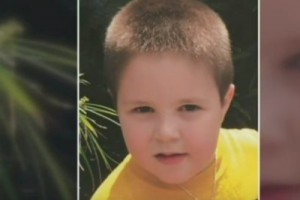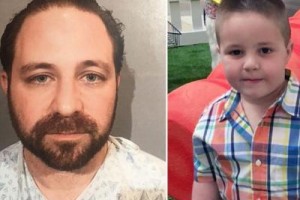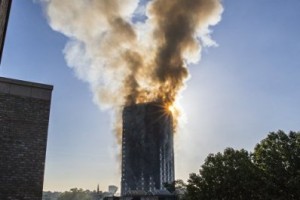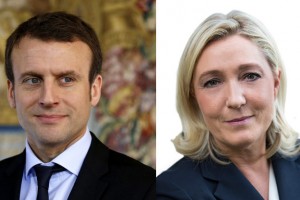In a statement honoring American hostage Kayla Mueller on the anniversary of her death in Syria, her family suggests they are preparing to go public with “the heartbreaking story” of their attempts to ransom her from the Islamic State. And, they say, they will be speaking out about “those who hindered us” — an apparent reference to their frustration with officials in the Obama administration over how their daughter’s case was handled.
The statement by Marsha and Carl Mueller, Kayla’s brother Eric and other family members and friends is the first they have made since shortly after receiving confirmation last February of the death of the 26-year-old humanitarian worker from Prescott, Ariz., who was killed in Syria after being held captive by the Islamic State for nearly two years.
U.S. officials have confirmed that Mueller was tortured by her Islamic State captors — and, according to debriefings of some who were held with her — even taken as a “wife” and sexually abused by the terror group’s leader, Abu Bakr al-Baghdadi. But much remains unknown about what happened during her horrifying ordeal: Although the family has received photos of her body, it has not been recovered and the way she died, whether murdered by her captors or killed by a coalition bombing, remains unclear.
The new statement, along with a newly released photograph of Kayla with her parents taken just months before she was kidnapped in 2013, invokes the memory of a young woman who, in volunteering to help refugees from the Syrian civil war, was committed “to serving the most vulnerable.”
“Kayla was given a special heart and mind to not only see suffering in its many forms but to reach out and find a way to help those God placed before her,” reads the statement, released by a spokeswoman for Atlantic Media, the company owned by businessman David Bradley, who attempted to assist the families of Mueller and other American hostages who were being held by the Islamic State.
But it strongly hints that the family will have more to say, especially about the actions of the Obama administration and the dispute about whether the families should have been permitted to pay ransom in an attempt to save their loved ones.
“The heartbreaking story of our efforts to bring Kayla home and of those who helped and those who hindered us will be told,” the family’s statement reads.
As has been recounted in multiple media accounts, the Muellers as well as other families of American hostages — including that of James Foley and Steven Sotloff, both of whom were beheaded in grisly videos released by the Islamic State — ran afoul of administration policies that effectively prohibited them from negotiating a ransom with the captors.































































